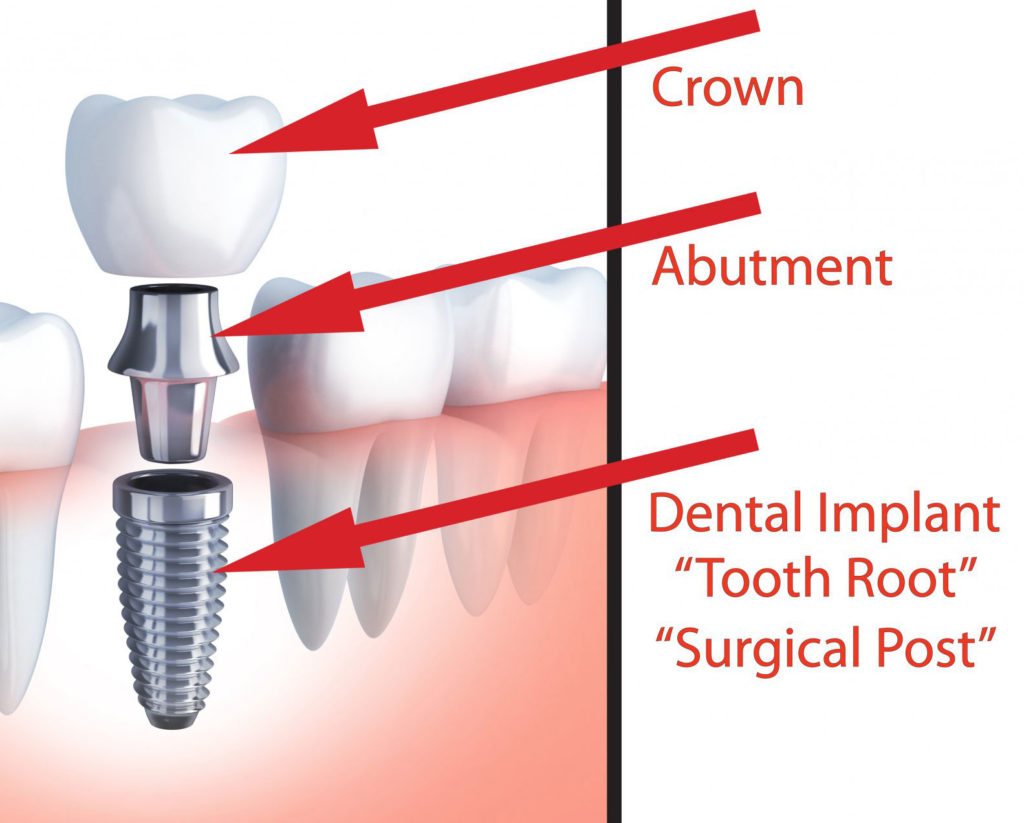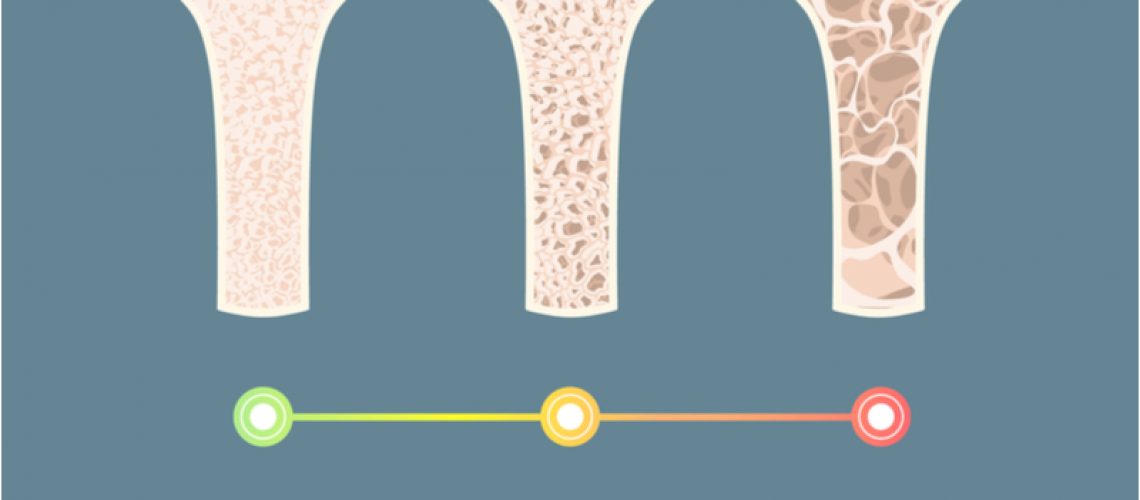If you have been diagnosed with osteoporosis, you are certainly not alone. Conservative estimates suggest that no fewer than 200 million adults struggle with this condition. From a dental perspective, osteoporosis may affect whether or not you are an immediate candidate for dental implants in Greensburg, PA. However, even if you are told you cannot receive dental implants due to osteoporosis, you may be able to resolve the issue with bone grafts.
What Is Osteoporosis?
Osteoporosis is a condition that causes bones to become weak and brittle. It can happen to anyone, but it is most common in women after menopause. Osteoporosis can lead to fractures, pain, and disability. There are treatments available that can help prevent or slow down the progression of osteoporosis.
Basically, osteoporosis means “porous bones.” It refers to the loss of bone that makes bones weak and more likely to break. Bones are normally strong, but with osteoporosis they become so weak that even a minor bump or fall can cause the bones to break.
Osteoporosis affects about 10 million Americans and an estimated more than 200 million women worldwide. It is a silent disease that can have serious consequences, including fractures and chronic pain. Osteoporosis is more common in women than men because of their smaller bone mass and lower estrogen levels. But it can also occur in men.
How does osteoporosis happen? Bones are living tissue that are constantly broken down and rebuilt by cells called osteoclasts and osteoblasts. The balance of these two cells is what keeps bones strong. Osteoporosis can occur when the breakdown of bone cells becomes more rapid than the rebuilding process. This can happen because of a deficiency in estrogen or testosterone, due to low intakes of calcium and vitamin D, or from smoking.
The most common signs of osteoporosis are fractures, chronic pain, and a loss of height. Many people with the disease have no symptoms at all. Osteoporosis can be treated by managing lifestyle factors such as smoking, alcohol intake, and nutrition. It can also be treated with medications like bisphosphonates and estrogen hormones.
What Are Dental Implants In Greensburg, PA?
Dental implants are a popular and effective way to replace missing or damaged teeth. They are made of titanium and are inserted into the patients jawbone to act as a new root for the area of the missing tooth. Dental implants are strong and durable, and they can last a lifetime with proper care.
The first step in getting a dental implant treatment is to have the socket for the tooth cleaned and prepared. This is usually done by a dental professional, and it requires removing some of the bone surrounding the tooth. After the socket is prepared, a dental implant can be inserted and will fuse with the jawbone. Once this happens, the doctor can ensure the healing process is going well, and the patient can be on their way to a great new smile!

How Osteoporosis And Dental Implants Are Related
Why would osteoporosis come into play in terms of replacing teeth with dental implants? The answer is the involvement of the jawbone and surrounding facial bones. If the jawbone volume has been compromised by advancing osteoporosis, the bone cannot accept the dental implant.
Acceptance is critical because dental implants fuse with the patient’s jawbone to provide stability. If a patient’s dental implant does not fully integrate with their jawbone, they run the risk of experiencing dental implant failure. Consequently, a skilled oral surgeon may recommend a patient get a bone grafting procedure prior to them getting their dental implants placed in Greensburg, PA.
How Does Bone Grafting Work Before A Dental Implant Surgery?
Bone Grafting allows an oral surgeon to surgically implant bone material from the patient or a donor source, in the area where they have low bone volume. Within a period of six to twelve months, the bone will become part of the jawbone. Once the bone grafting material completely merges with the rest of the patient’s bone, the experienced oral surgeon should be able to perform dental implant placement on them.
Of course, the oral surgeon will want to make sure that the patient is doing everything they can to manage their osteoporosis before beginning any surgical procedures. For instance, is the patient taking medications as prescribed by a physician? Has the patient made lifestyle changes including the foods they eat or how often they exercise?
People with unmanaged, untreated osteoporosis are not good candidates for bone grafting until they develop behavioral patterns that will help them limit future bone loss. On the other hand, compliant osteoporosis patients will have a better chance of being accepted as dental bone graft candidates.
What Is S.M.A.R.T Bone Grafting?
A special type of bone grafting, S.M.A.R.T bone grafting, is a new, minimally invasive technique for bone grafting that is showing promise for a number of different applications. The technique uses a small incision to access the bone and then uses a special device to place the graft material in the desired location. This technique has potential to reduce surgical time, improve outcomes, and decrease complications associated with traditional bone grafting techniques.
Are You Ready For Dental Implants In Greensburg, PA?
You may have osteoporosis, but that does not mean you have to give up your dreams of replacing your missing teeth with state-of-the-art dental implants or implant-supported dentures. To get an opinion on your candidacy and options for dental implants in Greensburg, PA, why not make an appointment at The Facial Surgery Center with oral surgeon Dr. Edward J. Halusic right away?
During his 30 years in practice, Dr. Halusic has consistently stayed at the leading edge of oral and maxillofacial surgery processes, procedures, and advancements. As a double board certified dental professional, he remains passionate about customizing each dental implant patient’s journey to a more beautiful, natural smile.
Contact our Greensburg, PA office at (724) 723-8918 to get on the calendar. Our team also has an office in Monroeville, PA that can be reached at (724) 723-8921.


